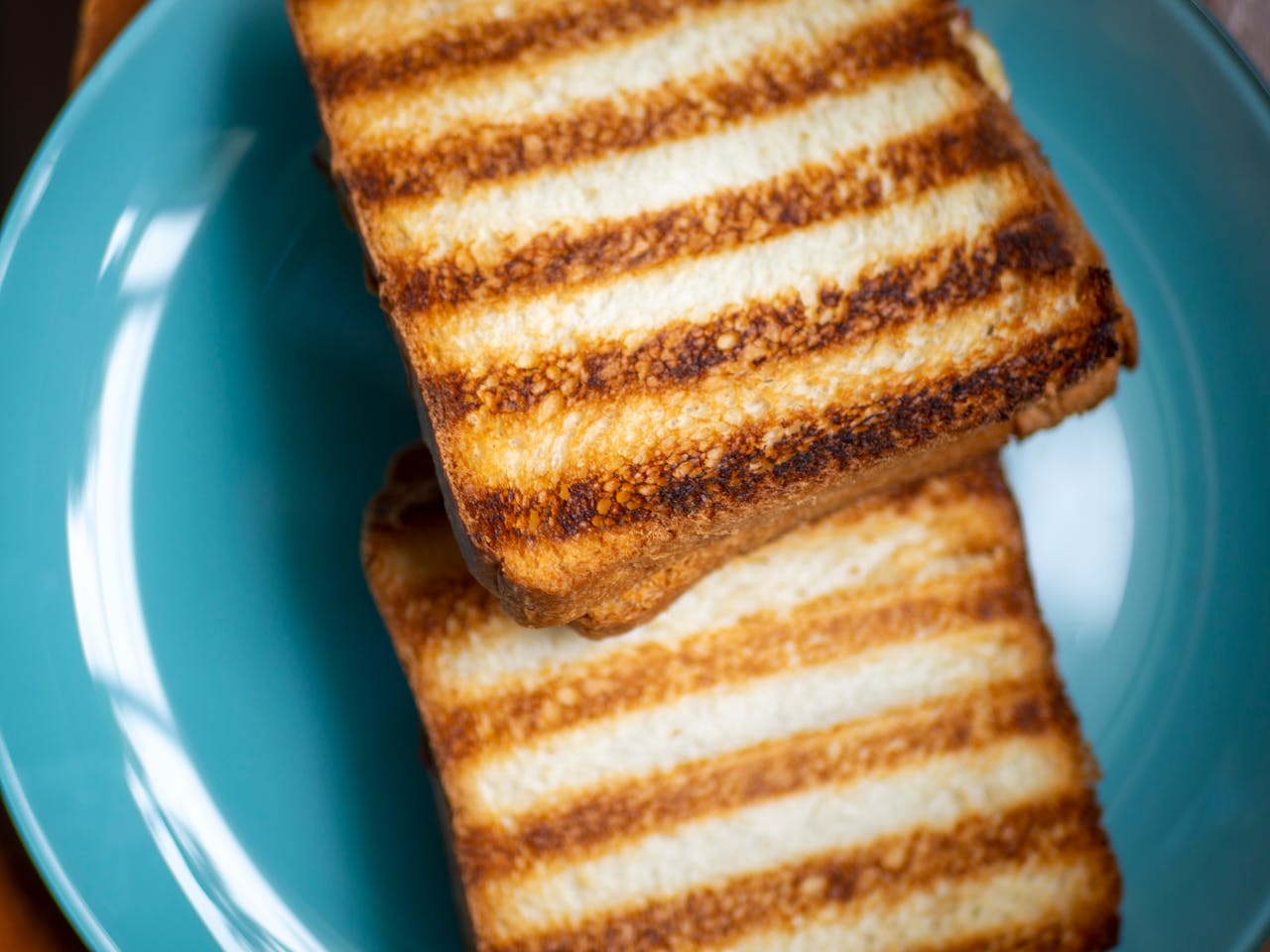The Administrative Council for Economic Defense (Cade) approved on Wednesday, September 17, the acquisition by Bimbo do Brasil Ltda. (“Bimbo”) of the bakery business of six companies belonging to the Wickbold Group, including Wickbold & Nosso Pão Indústrias Alimentícias Ltda. (“Wickbold”). The approval was granted through the execution of a Concentration Control Agreement (ACC), which imposes both structural and behavioral remedies designed to preserve competition in the industrial bakery market.
According to reporting commissioner Camila Pires-Alves, the transaction was assessed with particular attention to its potential impact on consumers. She stressed that processed bread is not merely a convenience product but a staple in Brazilian households, underscoring the importance of maintaining rivalry in this sector.
Market Overlaps and Competitive Assessment
Bimbo and Wickbold are leading players in the industrial bakery segment. Bimbo markets products under brands such as Pullman, Plusvita, Artesano, Ana Maria, Rap10, Nutrella, and Crocantíssimo, while Wickbold offers products under brands including Wickbold, Seven Boys, Do Forno, and Tá Pronto!. Both companies supply retail, wholesale, and food service channels.
Cade’s analysis identified competitive overlaps in several categories of processed bread. The authority conducted an in-depth assessment of rivalry, considering not only the number of competitors but also factors such as brand strength, consumer loyalty, distribution networks, and access to retail shelf space. The review combined quantitative and qualitative analyses, including competitive proximity tests and market surveys, to evaluate whether the merger could reduce pricing pressure or limit consumer choice.
Particular concerns were raised in categories such as whole-grain sliced bread, bagels, and tortillas/wraps, where the transaction could significantly increase concentration.
Structural and Behavioral Remedies
To address these concerns, Bimbo agreed to divest two brands:
- Nutrella (a Bimbo brand) in the healthy bread segment, where competition concerns were identified in the Central-West, Southeast, and South regions. The divestiture package includes intellectual property rights, the nutrella.com.br domain, inventory, recipes, customer lists, and supply contracts.
- Tá Pronto! (a Wickbold brand) in the tortilla/wrap segment, a direct competitor of Bimbo’s Rap10 brand. The divestiture includes intellectual property, recipes, inventory, promotional materials, and customer data.
In addition, Bimbo committed for a three-year period to refrain from launching any new tortilla products under the “Rap10” brand beyond existing lines.
Behavioral remedies were also imposed in the bread roll segment in the Central-West region. For three years, Bimbo must not enter into exclusive agreements with retailers involving preferential shelf space, minimum display requirements, or category captaincy arrangements.
Monitoring and Compliance
The implementation of remedies will be overseen by an independent monitoring trustee, who will ensure compliance with divestiture obligations and verify that brand transfers include product quality, distribution, and marketing continuity.
The approval reflects Cade’s focus on safeguarding effective rivalry and consumer welfare in staple food markets. The authority observed that in differentiated product markets such as industrialized bread, competition depends not only on the number of firms but also on brand positioning, consumer preferences, and access to distribution channels.


